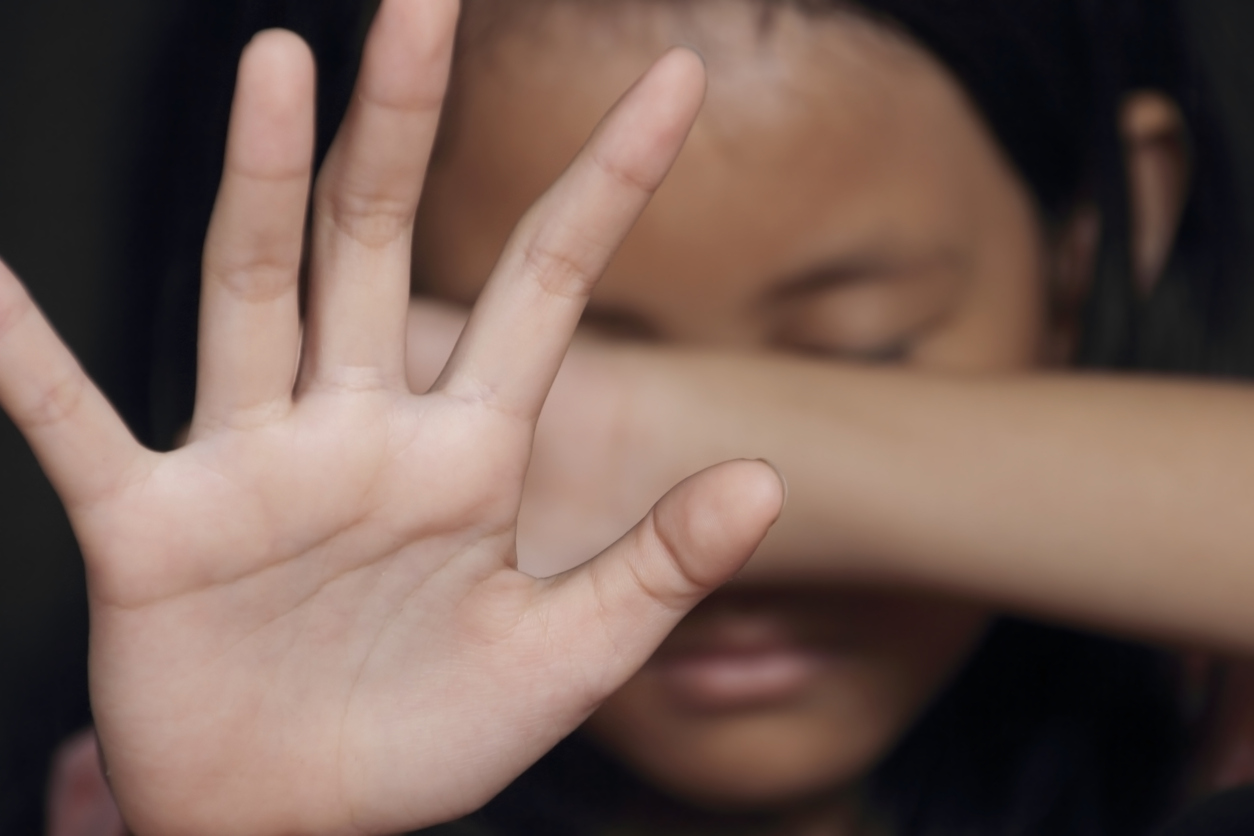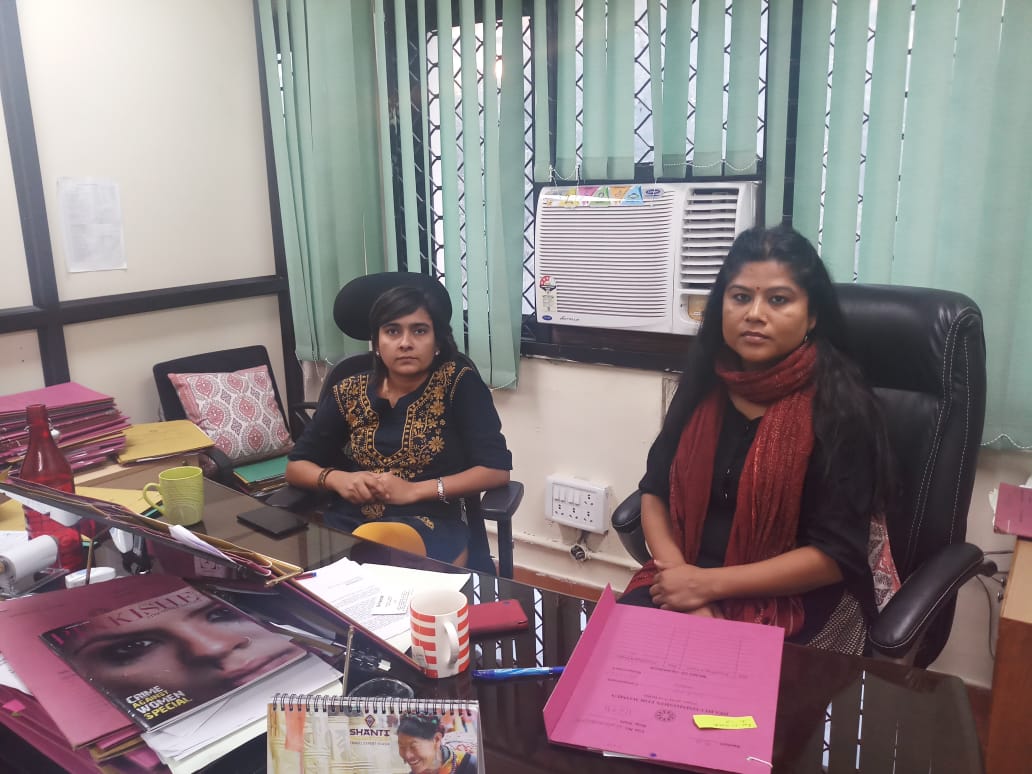It has been proved, time and again, that India is no country for women; the results of a recent survey conducted by the National Commission for Women only serve to bolster this fact. A number of government-run rehabilitation centres for women across four states, including West Bengal, were not only found to be detaining women and young girls who had eloped with their partners, but also failing to provide medical and other kinds of care to survivors of sexual assault and inmates with mental illnesses. Most of these centres were functioning, not as short-stay homes, but as hostels for school-going girls and working women. In certain cases, women and girls were even kept there without an explicit order by a court or a child welfare committee. It is no secret that the rights and protection of women have not been a priority for elected governments; there has, for example, been a considerable decline in funds released by the Bharatiya Janata Party-led government at the Centre this year for important women-centric schemes such as — this is significant — the Swadhar Greh scheme, which is aimed at rehabilitating women in distress. Is it any wonder, then, that rehabilitation centres, rather than fulfilling their intended purposes, are being used to generate profit?
The implications of this are manifold. For one, these activities highlight the deep-seated corruption that is eroding the intended functions of these institutions. Equally worrying is the stark lack of regulation at the homes, leaving their inmates, many of whom have survived various forms of trauma, vulnerable to further violence. In shelter homes in Bihar and Uttar Pradesh, minor girls and women were discovered to have been subjected to prolonged sexual abuse, mostly at the hands of powerful men. The presence in rehabilitation homes of women who had eloped — many of whom want to return to their partners — also demonstrates the regressive ideas about women’s agency and ownership that the Indian State, its institutions and larger society run on. As such, the meaning of ‘rehabilitation’, upon which these homes are premised — teaching women self-reliance through vocational training, counselling and legal aid — has been distorted to reinforce an imagined need to ‘reform’ certain kinds of independent women whose choices are deemed unacceptable by society. While the framework of monitoring and vigilance must be strengthened, such acts of repression are unlikely to disappear unless awareness initiatives are undertaken to bring about a change in the mindset of civil society.













